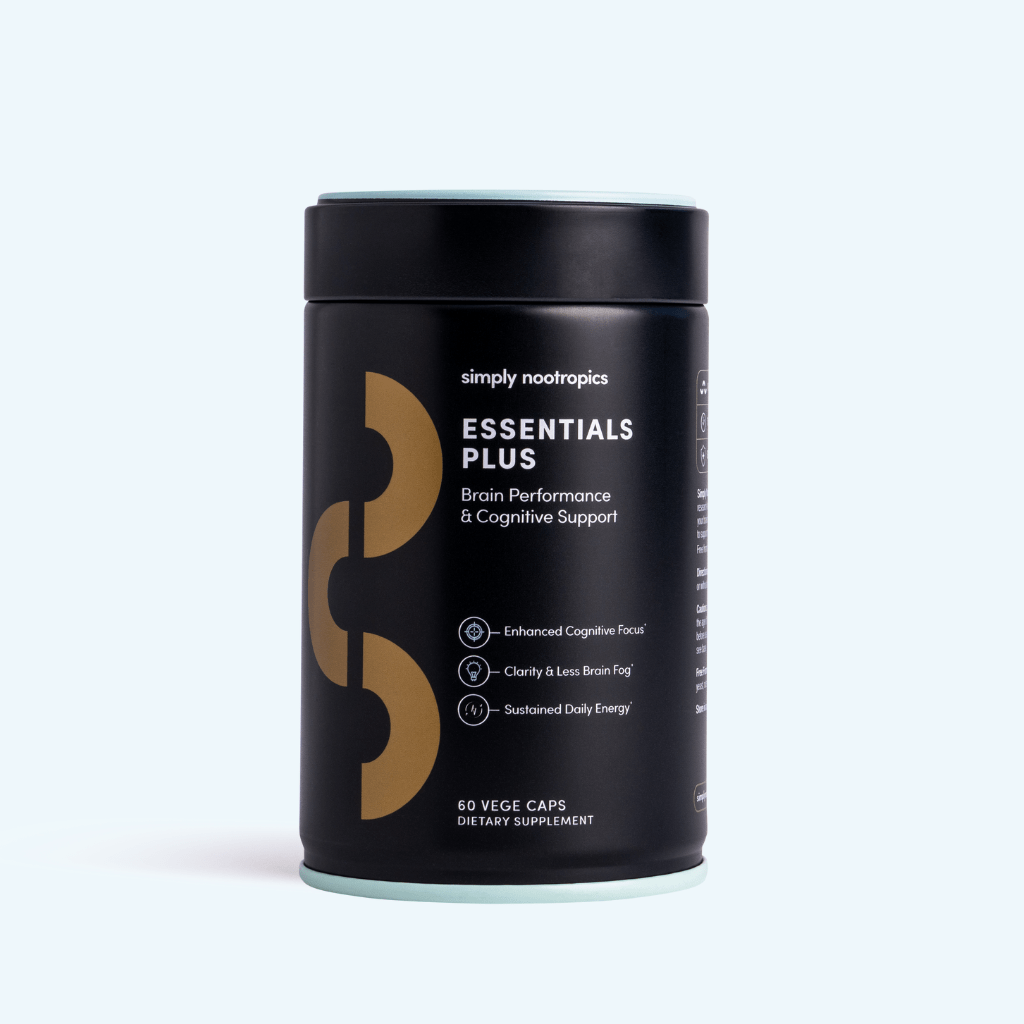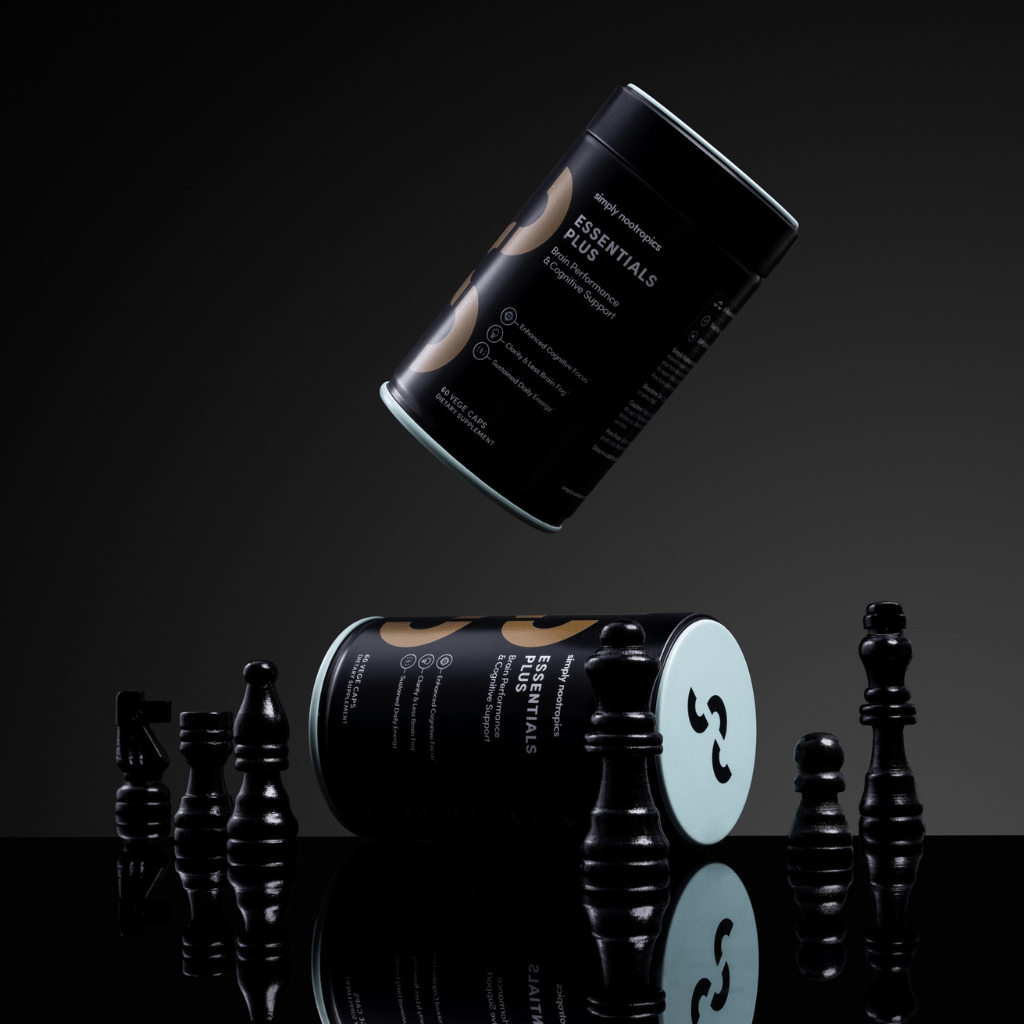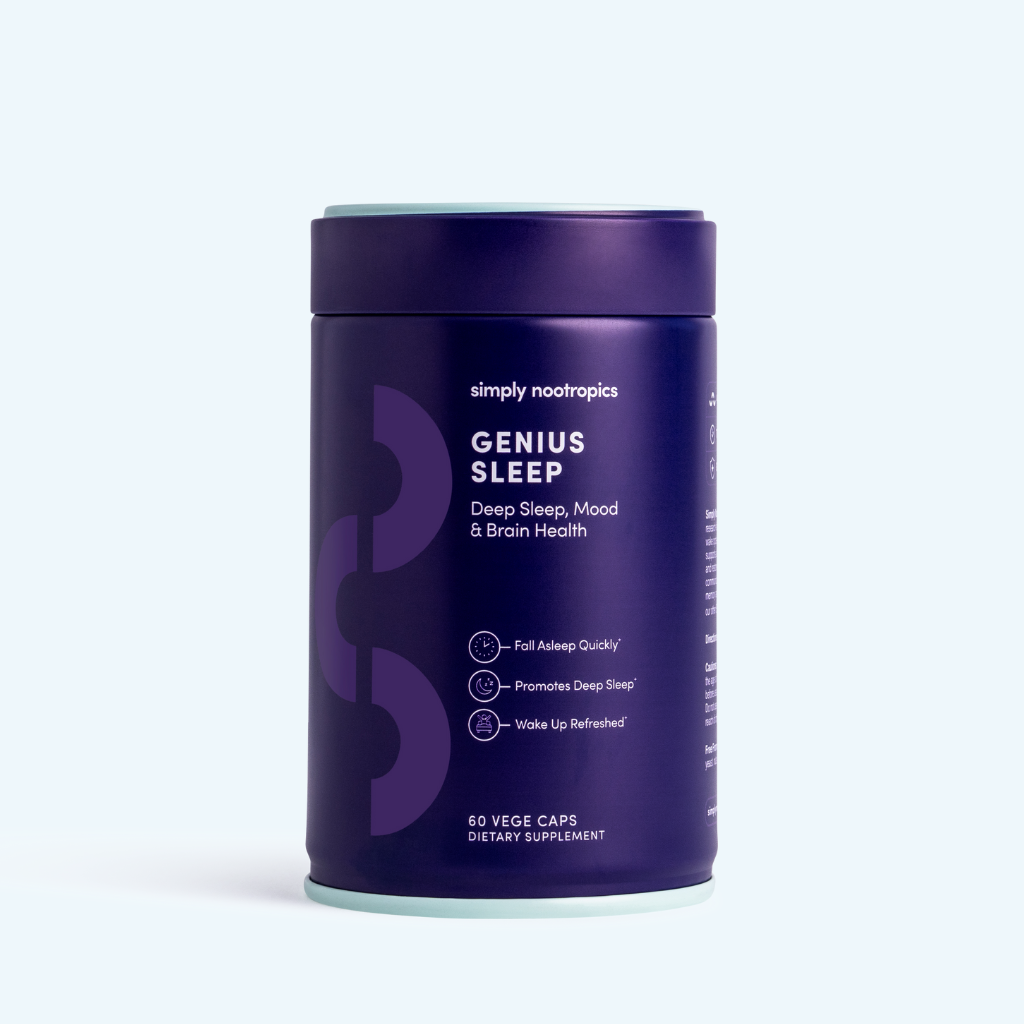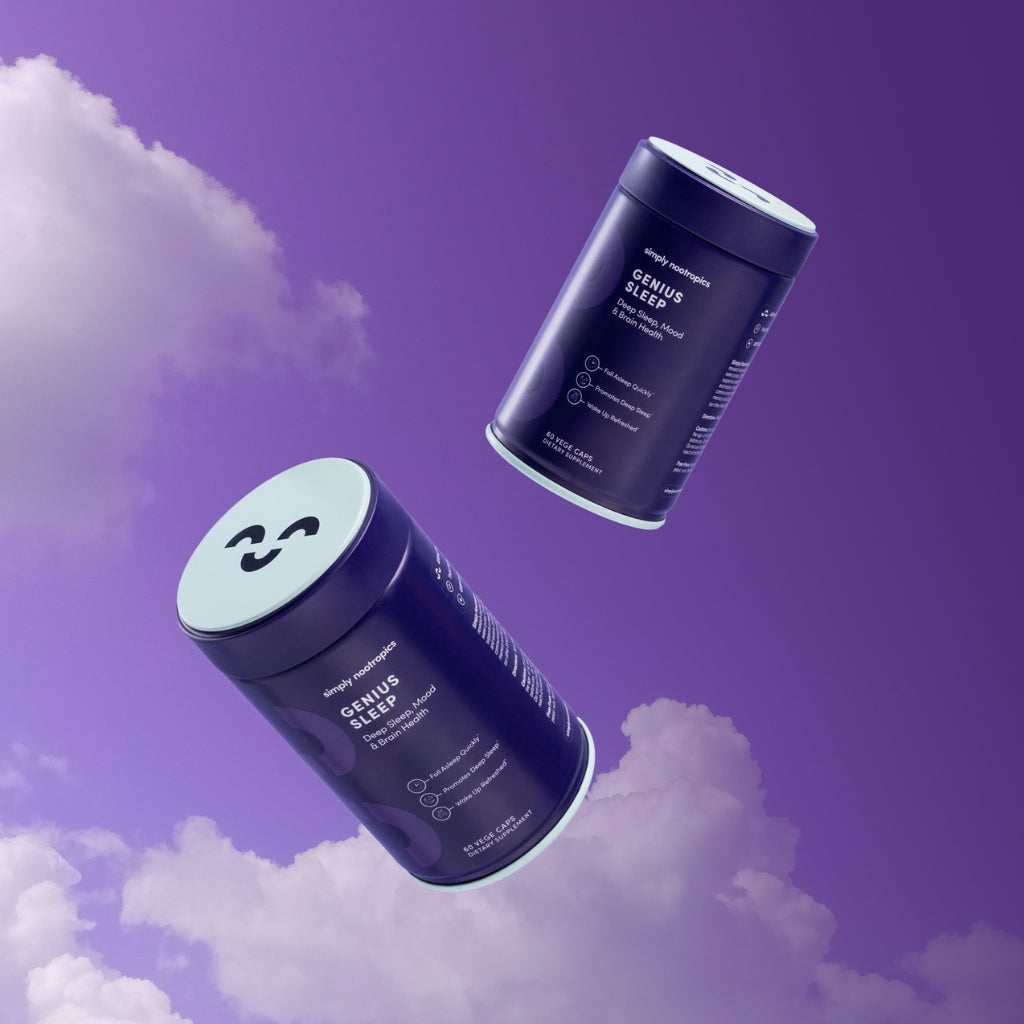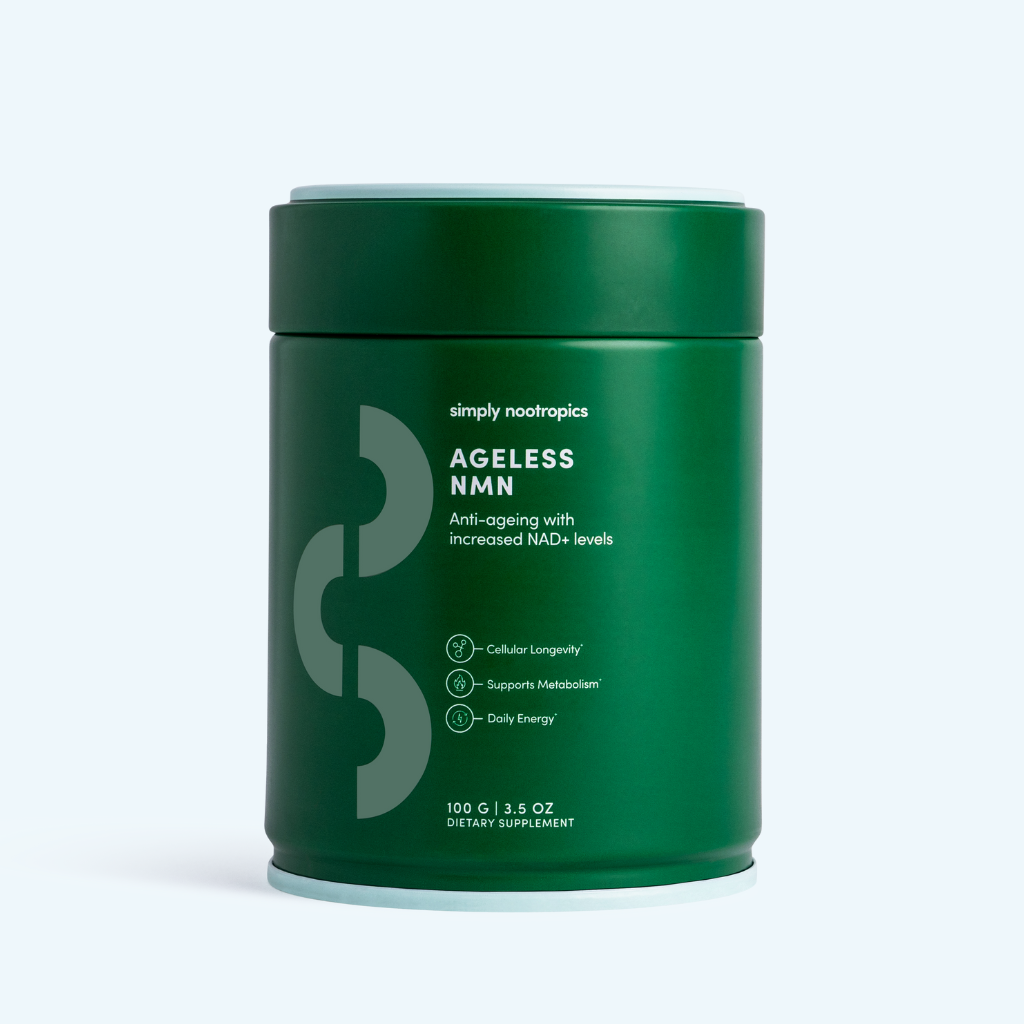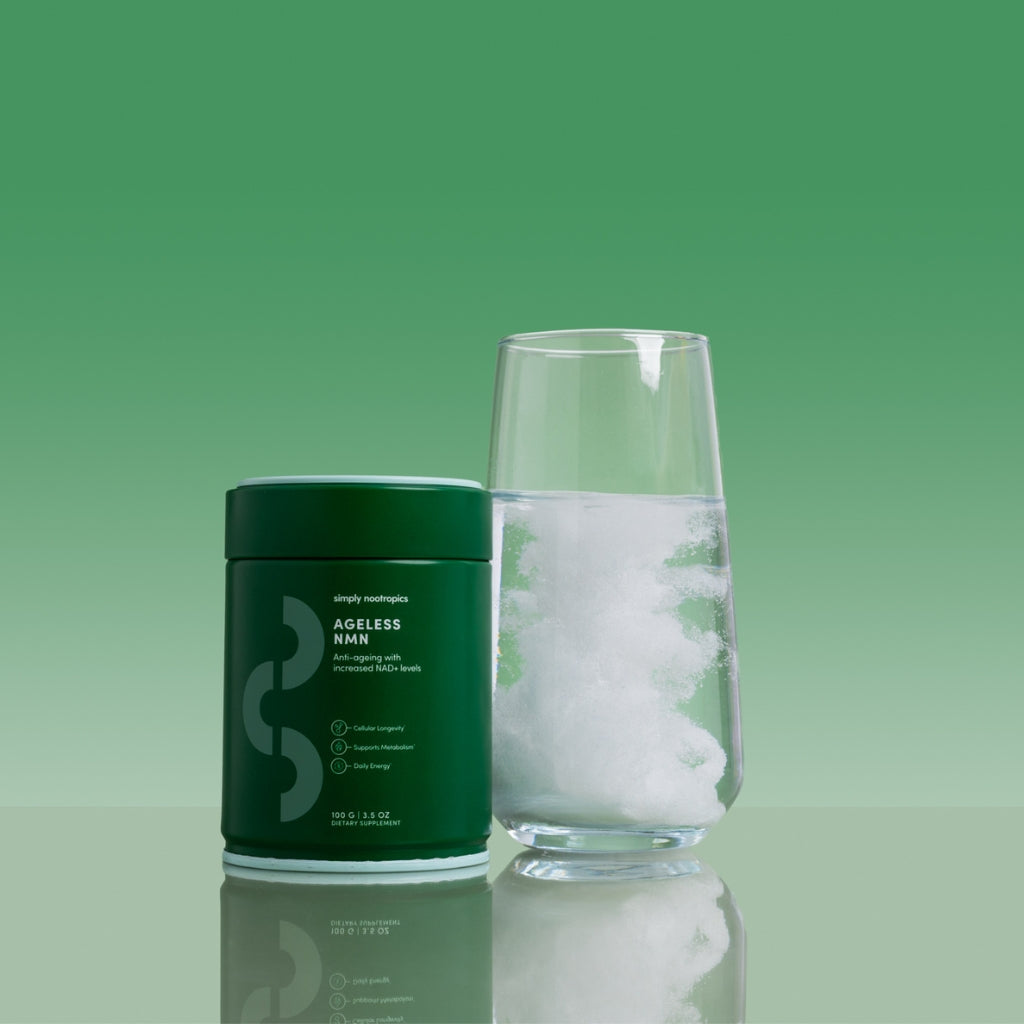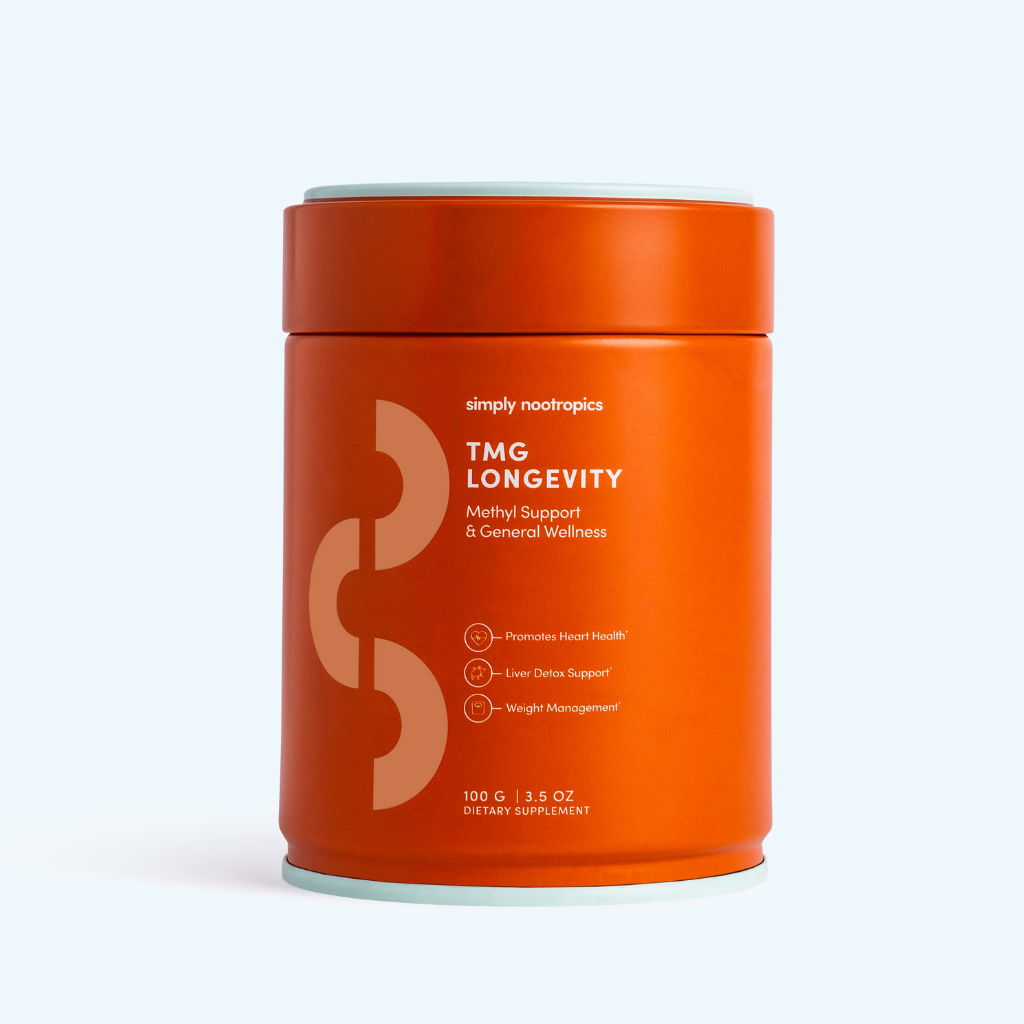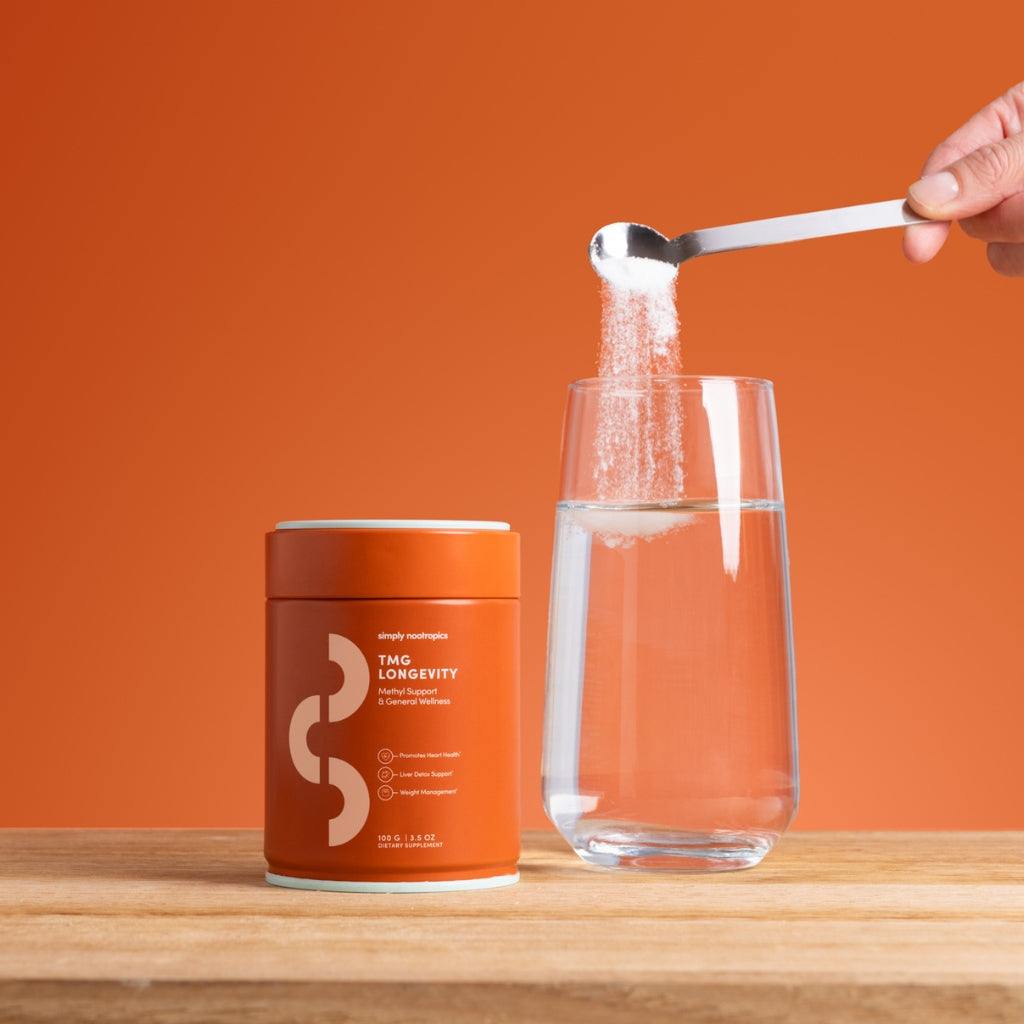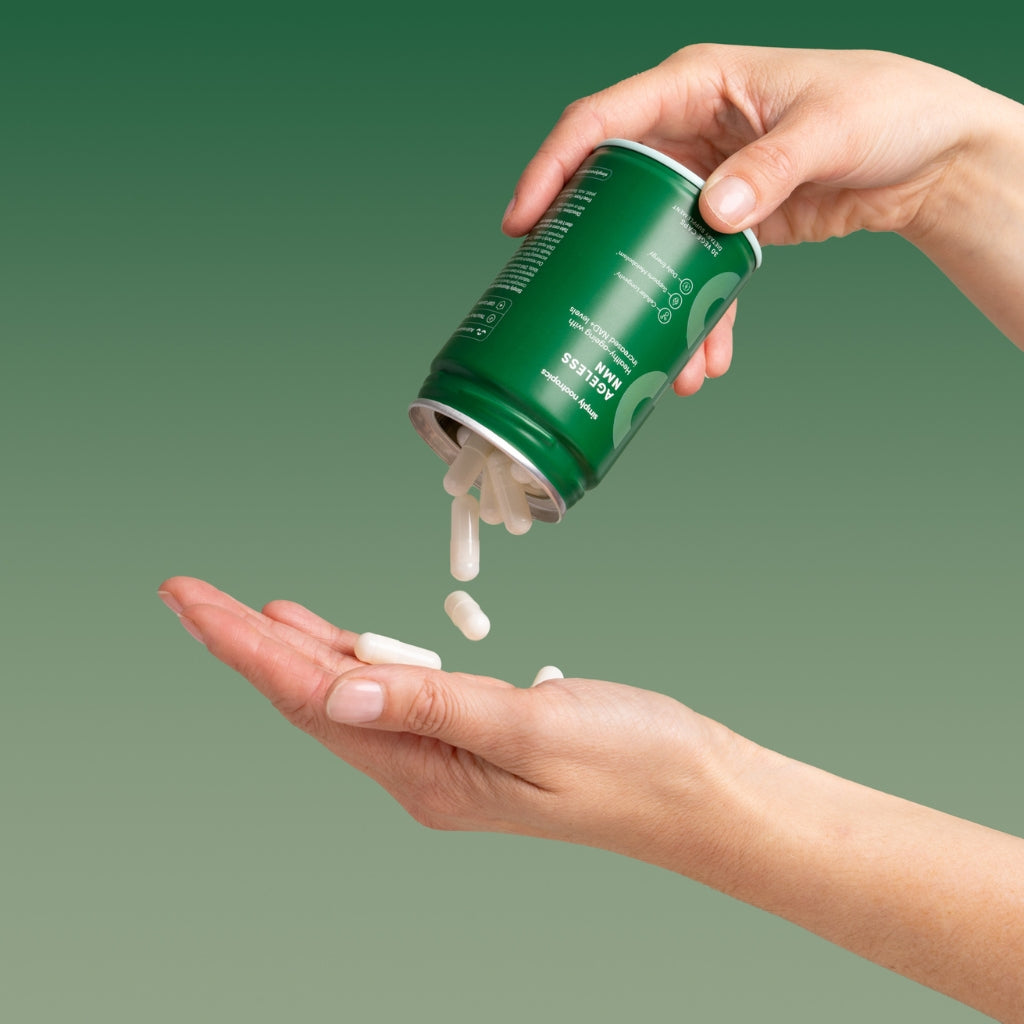Creativity is often viewed as a natural talent or an innate ability, but what if there was a way to enhance it? Nootropics, the "smart drugs", are cognitive enhancers that boost brain function in areas such as memory, focus, and, interestingly, creativity. For individuals seeking a creative edge, nootropics can be an easy way to achieve higher levels of creativity. But how do these supplements work, and is there science to back up the claims?
Let’s explore how nootropics may influence creative thinking and break down the scientific mechanisms behind their effects.
The Science of Creativity
Yes, even creativity can be classified as a science. That’s because creative thinking involves two types of cognitive processes:
- Divergent Thinking – This is the ability to generate multiple, unique solutions to a given problem. It’s the “out of the box” thinking often associated with creativity in the arts, writing, and problem-solving.
- Convergent Thinking – This is the process of finding the one correct or most effective solution to a problem, often relying on logical reasoning and critical analysis.
Creativity is believed to occur through a complex interplay between these two modes of thinking. Neuroscientists have identified key brain areas associated with creative processes, particularly the prefrontal cortex, which governs planning and complex decision-making, and the default mode network (DMN), which is active when the mind is in a state of rest or daydreaming. These are the key cognitive processes that you need to boost in order to enhance your creativity.
How Nootropics May Enhance Creativity
Nootropics are famous for improving cognitive functions such as memory, focus, and mental clarity. But creativity involves more than just cognitive enhancement. It's about facilitating both divergent and convergent thinking, allowing for new ideas to surface while maintaining the ability to evaluate and execute them effectively.
Here's how nootropics may support creativity:
- Increased Cognitive Flexibility: Cognitive flexibility is the ability to switch between different tasks or thoughts, a critical skill in creative problem-solving. Nootropics that enhance neuroplasticity (the brain’s ability to adapt and form new connections) may boost cognitive flexibility, facilitating more innovative ideas.
- Better Focus and Attention: Creativity often requires periods of deep focus, especially in activities like writing, composing music, or solving complex problems. Some nootropics are known to increase attention span, helping people stay focused for extended periods, which is very important for the creative process.
- Improved Mood and Motivation: Creativity thrives in a relaxed, positive mental state. Stress, anxiety, or low motivation can stifle creativity, while positive mood and motivation often lead to better creative output. Certain nootropics, particularly those that affect serotonin and dopamine levels, may improve mood and help individuals enter the “flow” state more easily.
Popular Nootropics for Creativity
Several nootropic supplements are commonly linked to enhanced creativity due to their effects on brain function, focus, and mood. Here’s a breakdown of some of the most popular options and the science behind their benefits:
1. L-Theanine and Caffeine
This popular combination is often touted as one of the best nootropic stacks for focus and mental clarity. Caffeine is well-known for its stimulating effects, improving energy levels, while L-theanine, an amino acid found in tea leaves, promotes relaxation without sedation.
How it enhances creativity: The L-theanine and caffeine combo promotes a state of relaxed alertness, allowing for better focus during creative tasks while reducing the jitters that can come from caffeine alone. This balance can help you enter a flow state, where creativity flourishes.
Scientific backing: A study showed that the combination of L-theanine and caffeine improved cognitive performance, particularly in tasks requiring mental attention and working memory. The duo even “reduced susceptibility to distracting information in the memory task at both 60 min and 90 min.”
2. Lion's Mane Mushroom
Lion's Mane is a natural nootropic that has become popular because of its neuroprotective properties. It promotes the growth of nerve growth factor (NGF), a protein involved in the growth and maintenance of neurons, which is necessary for brain plasticity and long-term cognitive health.
How it enhances creativity: By promoting neuroplasticity, Lion’s Mane may help the brain form new connections, aiding in divergent thinking and idea generation. Its mood-enhancing effects also support creativity by fostering a calm, positive mental state.
Scientific backing: A recent study found that Lion’s Mane improved cognitive function and nerve regeneration, suggesting its potential to “improve speed of performance and exert a stress-reduction effect.”
3. Rhodiola Rosea
An adaptogen known for its ability to reduce stress and mental fatigue, Rhodiola Rosea extract helps balance cortisol levels and boosts overall mental stamina.
How it enhances creativity: Creativity often declines under stress, making stress management critical for creative thinking. Rhodiola Rosea extract supports a relaxed mental state, helping to reduce the barriers that stress and anxiety impose on creative processes.
Scientific backing: A study stated that Rhodiola Rosea extract confirmed its reputation for “enhancing mental and physical performance, decreasing symptoms of fatigue and depression, increasing work productivity, and providing antioxidant and anti-inflammatory effects.”
The Role of Nootropics in the Creative Process
While nootropics are not a magic pill for creativity, they can support the cognitive processes involved in creative thinking. Nootropics improve focus, increase cognitive flexibility, reduce stress, and promote a positive mood, which are all factors that contribute to enhanced creativity.
When considering nootropics for creativity, Simply Nootropics Essentials is the best option. This supplement combines two powerful ingredients that we’ve mentioned before: Lion's Mane Mushroom and L-Theanine, both of which are backed by research for their cognitive-enhancing properties. So, if you're looking to boost your creative output, the science suggests that nootropics, and especially Simply Nootropics Essentials, might just provide the edge you need.




